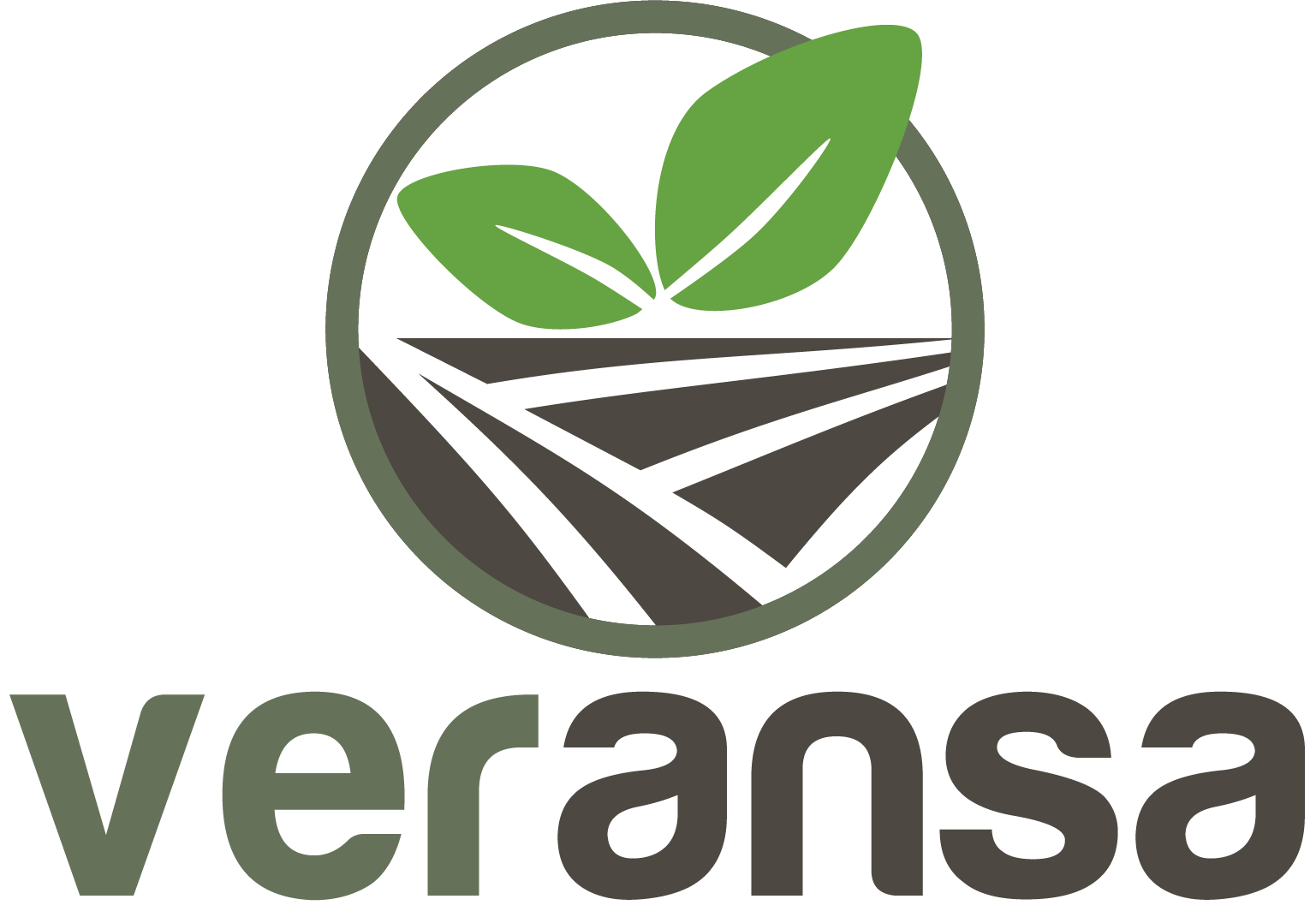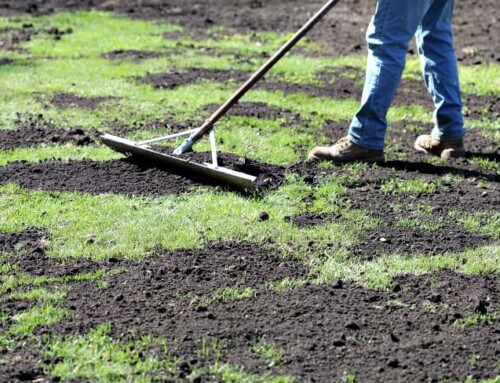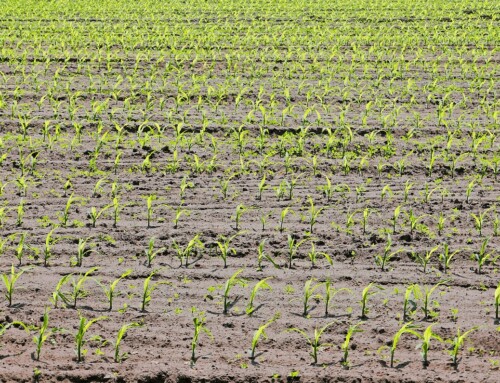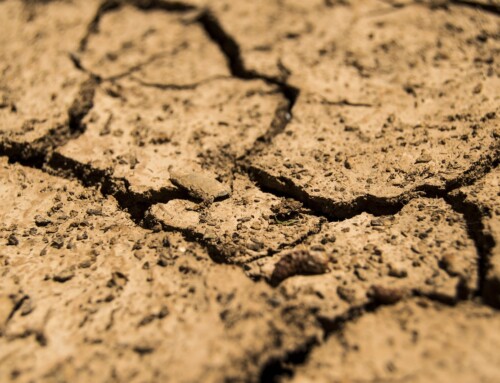In Florida, managing storm debris, especially from trees, is crucial due to the state’s vulnerability to hurricanes and tropical storms. The process of recycling storm debris involves several stages to ensure environmental sustainability and community safety. At Veransa, we are dedicated to ensuring that wood and yard waste generated by a regional storm is processed and responsibly returned to the environment in a wide variety of ways.
Collection and Sorting: After a storm, the immediate focus is on clearing roads and restoring basic services. Tree debris, including branches, trunks, and leaves, is collected by local municipalities or contracted companies such as Veransa. Efficient collection is essential to prevent blockages and allow emergency services to operate smoothly.
Once collected, the debris undergoes sorting. Larger pieces such as trunks and branches are separated from smaller materials like leaves and twigs. This separation facilitates more efficient processing at recycling facilities.
Grinding and Chipping:
The next step in recycling storm debris involves grinding and chipping. Large branches and trunks are fed into chippers or grinders, which break them down into smaller wood chips or mulch. This process not only reduces the volume of debris but also prepares the material for various recycling applications.
Mulch and Composting:
Wood chips and mulch produced from storm debris have multiple uses. One common application is mulching, which helps retain soil moisture, control weed growth, and insulate plant roots. Veransa is a reputable organization that manufactures and sells organic mulches products to residents for landscaping and gardening purposes, promoting local sustainability.
Another sustainable approach is composting. Leaves, smaller branches, and organic debris can be composted to create nutrient-rich soil amendments. This composting process reduces landfill waste and supports agricultural and horticultural practices in Florida’s diverse ecosystems.
Biomass Energy Production:
In addition to landscaping uses, storm debris can be converted into biomass energy. Biomass facilities in Florida utilize wood chips and other organic materials to generate electricity or produce biofuels. This renewable energy source contributes to the state’s energy independence and reduces reliance on fossil fuels.
Environmental Benefits:
Recycling storm debris offers significant environmental benefits. By diverting organic materials from landfills, Florida reduces methane emissions and conserves landfill space. Mulching and composting also enhance soil health and promote biodiversity, supporting the state’s diverse plant and animal species.
Community Engagement and Education:
Community engagement plays a crucial role in successful storm debris recycling. Public awareness campaigns educate residents about proper debris disposal and the benefits of recycling. Municipalities often organize collection events or provide drop-off locations for residents to contribute to recycling efforts.
Challenges and Solutions Surrounding Storm Debris
Despite the benefits, managing storm debris presents challenges. Large-scale storms can overwhelm recycling facilities and strain logistical resources. To address this, Florida continually updates its emergency response plans and collaborates with recycling and processing facilities such as Veransa to enhance debris management efficiency.
Innovative technologies, such as mobile chippers and advanced sorting systems, improve debris processing and recycling rates. Collaborative efforts between local governments, environmental organizations, and community stakeholders strengthen resilience and sustainability in the face of natural disasters.
Facing Hurricane Season Together
Florida has unique weather, and as such Floridians face unique challenges.
Recycling storm debris from trees in this region involves a coordinated effort to collect, process, and reuse organic materials. From mulching and composting to biomass energy production, these recycling practices support environmental sustainability, community resilience, and economic growth. By embracing innovative solutions and public engagement, Florida continues to lead in effective storm debris management, demonstrating a commitment to environmental stewardship and disaster preparedness.
Veransa is proud to be instrumental in perfecting the “green loop” by helping Floridians to clean up, recycle and reuse these precious natural resources.



